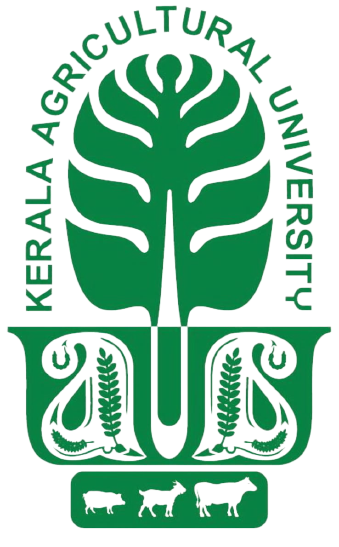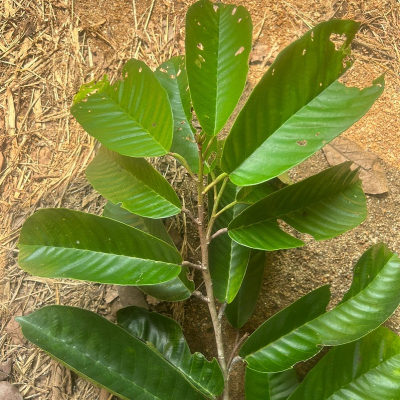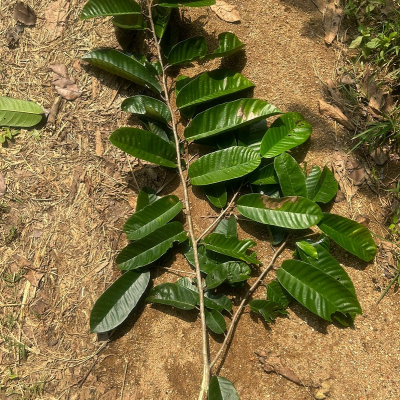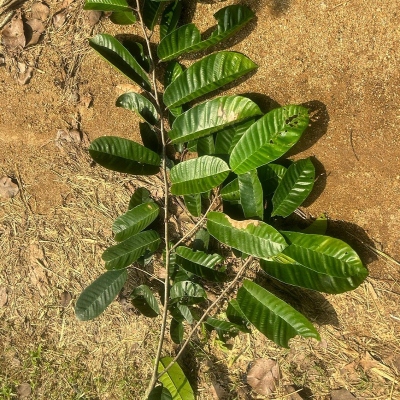Vateria indica Linn.
Family : Dipterocarpaceae
Group : 6. Star trees
Parts Used : Bark , Oil , resin
Vernacular Names :-
| English | : | Indian copal tree, Piney varnish-tree, White dammar |
| Malayalam | : | Vellapine |
| Hindi | : | Kahruba |
| Sanskrit | : | Ajakarnah, Sarjah, Dhupa, Kundura |
| Kannada | : | Rala, Hugadamara, Bilagaggala |
| Tamil | : | Vellaikuntirikkam, Vellaidamar, Painimaram, Dhup-maram |
| Telungu | : | Telladamara, Dupadamaru. |
Distribution and habitat: In Western Ghats, upto 1,200 m along the streams.
Botany: A large handsome, evergreen tree 20-30 m in height with grey thick bark often blotched with green and white.
- Leaves: simple, alternate, elliptic-oblong or ovate, rounded at the base, thick and coriaceous with 12-15 pairs of nerves.
- Flowers: White, fragrant, in large drooping panicles. Petals a little longer than the calyx, white. Stamens numerous, anthers slightly hairy at the base.
- Fruits: Ovoid, rough, pale brown, 3- valved capsules, valves one-seeded.
- Seeds: Reddish white or cream-coloured.
- Resin: It exudes out through cuts becomes yellowish white or reddish white in colour on solidifying.
Properties: astringent, carminative, expectorant. Oil has antibacterial properties
Chemical constituents: vateriaphenol F, vateriosides A and B, bergenin, hopeaphenol, vaticanol B, vaticanol C, and ε-viniferin
Uses: The bark and leaf juice are medicinal. Useful in cough, asthma, leprosy, skin eruptions, anaemia, wounds, ulcers, dysentery, otorrhoea, urethorrhoea, chronic bronchitis, tubercular glands, haemorrhoids, hemicrania, amemorrhoea, dysmenorrhoea, diarrhoea and ring worm, chronic rheumatism and neuralgia.
Agrotechnology:
The plant is moisture-dependent and shade-tolerant.
Propagation: By seeds and apical stem cuttings with 2-3 nodes. Seeds are allowed to germinate in nursery bed, ploy bagged when 3 months old, and field planted after 1 year.
Planting: Spacing adopted is 2mx2m or 3.5mx 3.5m.



